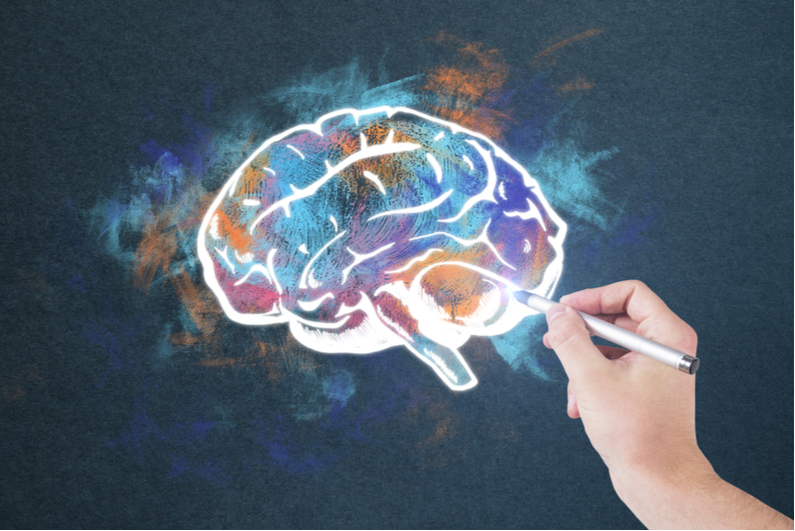The basis for gambling
Gambling has been a popular pursuit for people down through the centuries. Massive sums of gold and items such as olive oil were wagered on chariot races in Ancient Rome, for example.
Games of chance have always captured the human imagination, adding excitement to otherwise mundane activities. Most people enjoy gambling because it involves random luck, collective engagement, and just plain fun. Nearly 80% of adults in America, for example, will place some sort of bet or gamble during their lifetime. Entire industries, towns, and cities are dedicated to this sector.
When it comes to pinning down the psychological reasons why people gamble, a lot of people will point towards the thrill of the process, the possible financial reward, or the simple pleasure. These are usually the reasons that initially motivate someone to gamble. However, some people reach a point where gambling becomes more of a compulsion and less enjoyable.
A lot of people end up very frustrated and annoyed every time they gamble, often chasing their losses. People inherently know that the odds of their favorite games are stacked against them, favoring the house. It appears that the makeup of many of these gambling games secretly hooks players subconsciously.
How does the brain get tricked?
The main draw of gambling is its uncertainty. In many cases, there may be a significant payout, but a lot of people don’t consider the associated probabilities.
Dopamine is the neurotransmitter that the brain releases when you enjoy something. There are also situations when uncertainty releases it. This is particularly true when there is a potential reward on the line. This dopamine “high” is the reason that people suffer from gambling addictions and it helps to fuel risk-taking behavior.
According to studies, similar parts of the brain are affected as when certain drugs are abused. Repeated gambling can cause long-lasting brain changes, making people hypersensitive to gambling just as a drug addict is to drugs.
Over time, you may change your response to losing. Many problem gamblers getting a dopamine hit when they are losing, as well as winning. Therefore, the fear of losing is no longer there to stop a person from playing.
Tricks incorporated into games
Gambling doesn’t just have to do with the process of winning or losing; it is a completely immersive experience with sounds and flashing lights. This is especially the case when you are gambling in a casino, which is full of audio and visual distractions. They can often make a gambler more impulsive. Various sounds increase the excitement level and can mask the true extent of the player’s profit or loss. This leads to gambling longer and playing at a faster rate.
A lot of games make players feel like they are winning when, in fact, they are losing. The rules of probability dictate that the gambler is going to win sometimes. When you experience a win, you are rewarded with a cacophony of flashing lights and sounds.
You will be able to place more bets each spin due to the vast number of reels, which means that you are going to have some wins in a lot of the rounds and get that dopamine hit, but you may actually be losing on these rounds. This is why slots games are so popular: They lead gamblers to overestimate their performance as a whole.
As a result of these hidden nuances in the games, many gambling addiction experts believe that games need to be fundamentally changed in order to achieve a mass effect of decreasing problem gambling. This means focusing on the cause instead of the symptoms.




